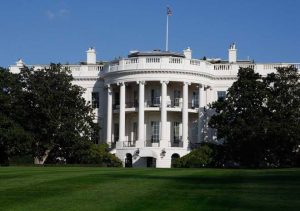
Street protests are not a recent occurrence in this South Asian country with a population of 170 million individuals – however, the severity of the demonstrations witnessed in the previous week has been characterized as the most severe in recent memory.
The number of casualties in the unrest has exceeded 100, with over 50 fatalities recorded on Friday alone.
Unprecedented measures have been implemented by the government, including a complete shutdown of internet services and limitations on phone communications.
What initially commenced as peaceful demonstrations on college campuses has now escalated into widespread turmoil across the nation.
For several weeks, a large number of university students have been protesting against the quota system in place for government employment opportunities.
A significant portion of positions in the public sector are specifically allocated for the descendants of veterans from the nation’s war of independence against Pakistan in 1971.
The students assert that this system is unjust and advocate for a recruitment process based on merit.
Organizers of the protests allege that law enforcement officials and the student faction of the ruling Awami League – recognized as the Bangladesh Chhatra League – have resorted to violent tactics against peaceful protesters, inciting considerable public outrage.
The government refutes these claims.
“It’s not students anymore, it seems that people from all walks of life have joined the protest movement,” Dr Samina Luthfa, assistant professor of sociology in the University of Dhaka, tells the BBC.
The demonstrations have been brewing for a substantial period. Notwithstanding Bangladesh’s status as one of the rapidly advancing economies globally, analysts highlight that this progress has not translated into employment opportunities for graduates.
Approximations indicate that around 18 million young Bangladeshis are in search of employment. University graduates encounter higher levels of joblessness compared to individuals with lower educational qualifications.








